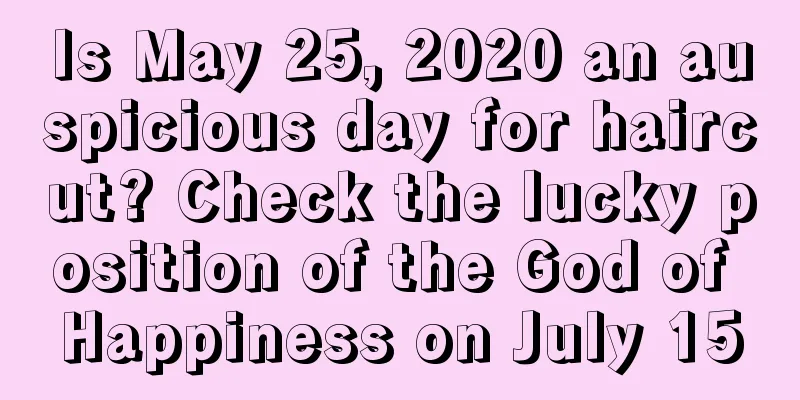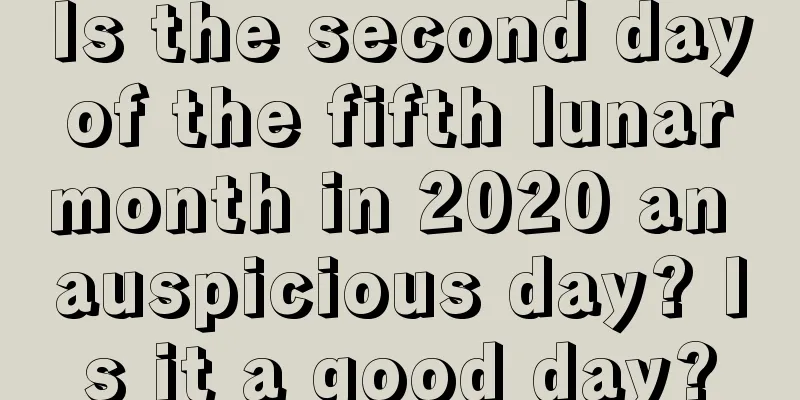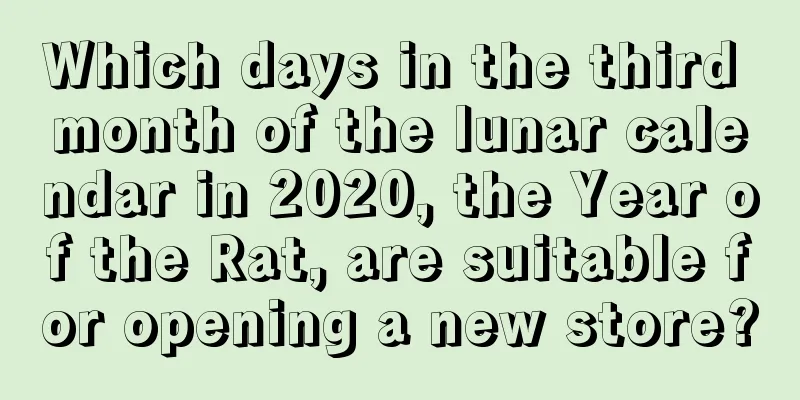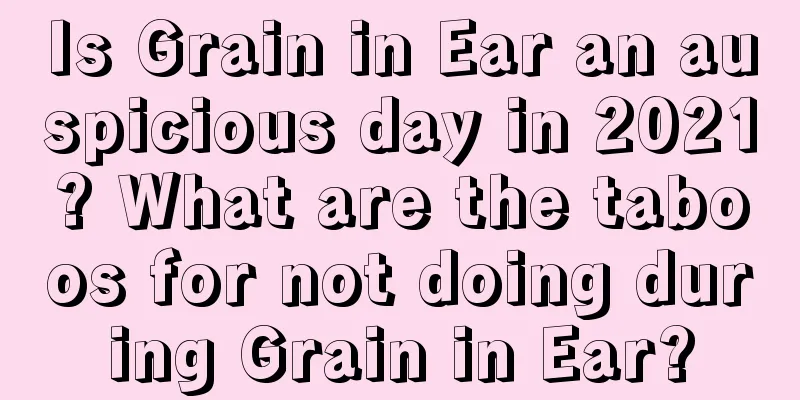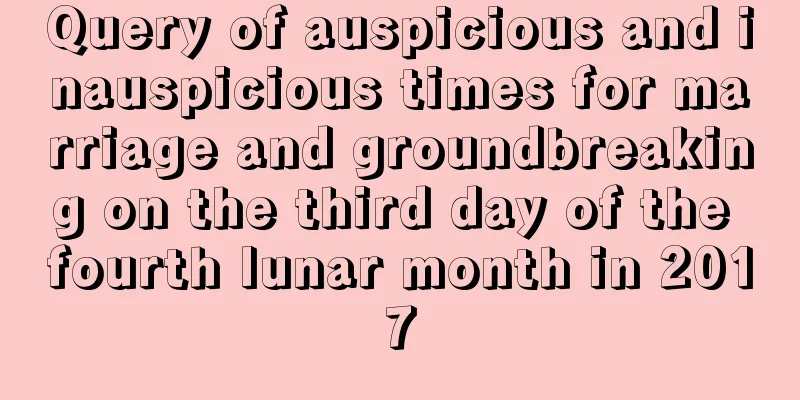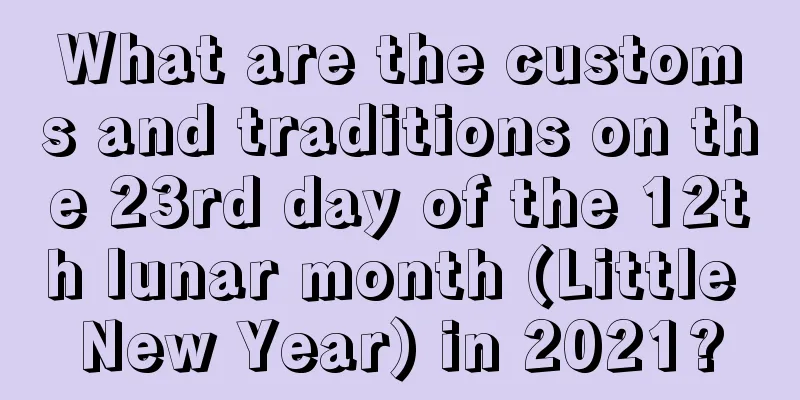What is the origin of the Mid-Autumn Festival? Who does the Mid-Autumn Festival commemorate?
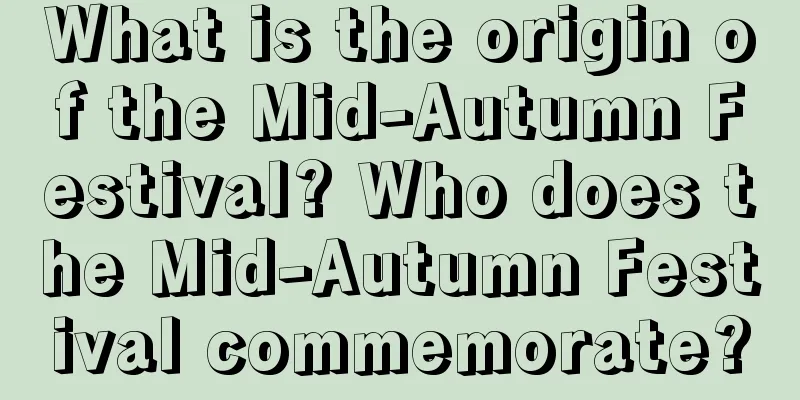
What is the origin of the Mid-Autumn Festival? Who does the Mid-Autumn Festival commemorate? Many traditional festivals in China exist to commemorate someone. Is the Mid-Autumn Festival the same? The eighth month of the lunar calendar is also known as Guiyue, Zhuangyue, Zhongqiu, Nangong, and Zhongshang. Let’s learn with Shuimoxiansheng.com what we need to pay attention to in this beautiful eighth month of the lunar calendar in 2019.What is the origin of the Mid-Autumn Festival?There is an ancient saying that "In spring, worship the sun, and in autumn, worship the moon." The current Mid-Autumn Festival originated from the traditional "Moon Festival" . According to research, the Moon Festival was originally scheduled for the Autumnal Equinox. However, since the date of this day in the eighth month of the lunar calendar varies every year, there is not always a full moon. And offering sacrifices to the moon without a moon is a great spoiler of the scenery. Therefore, the "Moon Festival" was later moved from the "Autumnal Equinox" to the fifteenth day of the eighth lunar month.Because the festival falls on August 15th, it is called the "August Festival" or "Mid-August"; because the main activities of the Mid-Autumn Festival revolve around the "moon", it is also commonly known as the "Moon Festival" or "Moon Eve"; the moon is full on Mid-Autumn Festival, symbolizing reunion, so it is also called the "Reunion Festival." In the Tang Dynasty, the Mid-Autumn Festival was also called "Duan Zheng Yue". Who does the Mid-Autumn Festival commemorate?The Mid-Autumn Festival is a festival held for autumn sacrifices. If we really have to say who it is commemorating, it would be Chang'e.In ancient times, there were ten suns in the sky at the same time, which dried up the crops and made life miserable for the people. A hero named Houyi, who had great strength, sympathized with the suffering people, so he drew his magic bow, shot down more than nine suns in one breath, and ordered the last sun to rise and set on schedule to benefit the people. Houyi's wife was named Chang'e. In addition to teaching skills and hunting, Houyi spent all his time with his wife. Many aspiring young men came to learn from him, and the evil-minded Peng Meng also joined in. One day, Houyi went to Kunlun Mountain to visit friends and seek the truth, and asked the Queen Mother for a packet of elixir of immortality. It is said that after taking this medicine, one can immediately ascend to heaven and become an immortal. However, Houyi was reluctant to leave his wife, and temporarily gave the elixir of immortality to Chang'e for safekeeping. Three days later, Houyi led his disciples out hunting. Not long after Houyi led everyone away, Peng Meng, who pretended to be sick and did not go out, held a sword and forced Chang'e to hand over the elixir of immortality. Chang'e knew that she was no match for Peng Meng, so in the critical moment she took out the elixir of immortality and swallowed it in one gulp. After Chang'e swallowed the medicine, her body immediately floated off the ground, rushed out of the window, and flew into the sky. Because Chang'e was worried about her husband, she flew to the moon closest to the earth and became an immortal. In the evening, Houyi returned home and the maids cried and told him what had happened during the day. Houyi was both shocked and angry, he drew his sword to kill the villain, but Pengmeng had already escaped. Houyi was so angry that he beat his chest and stamped his feet. He was heartbroken and looked up at the night sky calling for Chang'e. At this time, he found that the moon today was exceptionally bright, and there was a swaying figure that looked like Chang'e. Hou Yi missed his wife, so he sent people to Chang'e's favorite back garden, set up an incense table, and put the honey and fresh fruits that Chang'e usually liked to eat on it, to offer a remote sacrifice to Chang'e in the Moon Palace. When the people heard the news that Chang'e had ascended to the moon and become an immortal, they set up incense tables under the moon and prayed to the kind-hearted Chang'e for good fortune and peace. From then on, the custom of worshiping the moon on Mid-Autumn Festival spread among the people. Fate is a constant, referring to a specific object; fortune is a variable, referring to the transformation of time and space. Choosing different fortunes will lead to different destinies and life paths. Do you want to know when your good luck will come? Then take a look at the [ Excellent Calculation ] below, and may you have peace and happiness in your life! |
<<: What is the meaning of the Autumnal Equinox? What can’t you eat during the Autumnal Equinox?
Recommend
What is the fate of people born in the Mid-Autumn Festival and the fate of people born in the 15th day of August!
Introduction: People born on different days have d...
What color is good for the kitchen stove? What are the Feng Shui considerations for the stove?
Introduction: The kitchen stove is where a family...
What are the do's and don'ts on the fifth day of the eleventh lunar month in 2017?
In the eleventh month of the lunar calendar, whet...
Is the seventh day of July an auspicious day for Chinese Valentine’s Day in 2022? Is this a good day for decorating your house?
The seventh day of the seventh month in the lunar ...
Where is the God of Wealth on the 30th day of the first lunar month in 2019?
For more details about the 2019 New Year and the ...
Do people born in the Lesser Heat period of the Chinese Zodiac Rooster have good fortune? What is their luck?
The warm wind blows gently, and with the arrival o...
Is it good for a boy born on the second day of the ninth lunar month in 2021? What is his fortune?
"The swallows bid farewell and the swans fly ...
What is the date of July 30th in the lunar calendar of 2018? Is it a good time to start renovation?
Introduction: In traditional Chinese culture, impo...
Will a baby girl born on December 26th of the lunar calendar in 2021 be happy and smooth?
It is said that daughters are warm and caring litt...
Is October 26th of the lunar calendar 2020 an auspicious day to start construction of a renovation?
Is October 26th of the lunar calendar 2020 an ausp...
Analysis of incorrect examples of residential Feng Shui issues in 2020, taboos on bedroom doors!
There are many issues and matters that need attent...
Is it possible to move into a new house on the fourth day of the ninth lunar month in 2020?
Is it possible to move into a new house on the fo...
Is it suitable to start renovation on the seventh day of the eighth lunar month in 2021? What should we pay attention to?
Everyone hopes that their home is a Feng Shui trea...
What is the zodiac sign of people born in Cold Dew in 2021? What are the characteristics of your personality?
Cold Dew is already late autumn. What zodiac sign ...
Can I get married on the beginning of winter in 2018? How to choose an auspicious day?
Marriage is a major event in life. When planning a...


